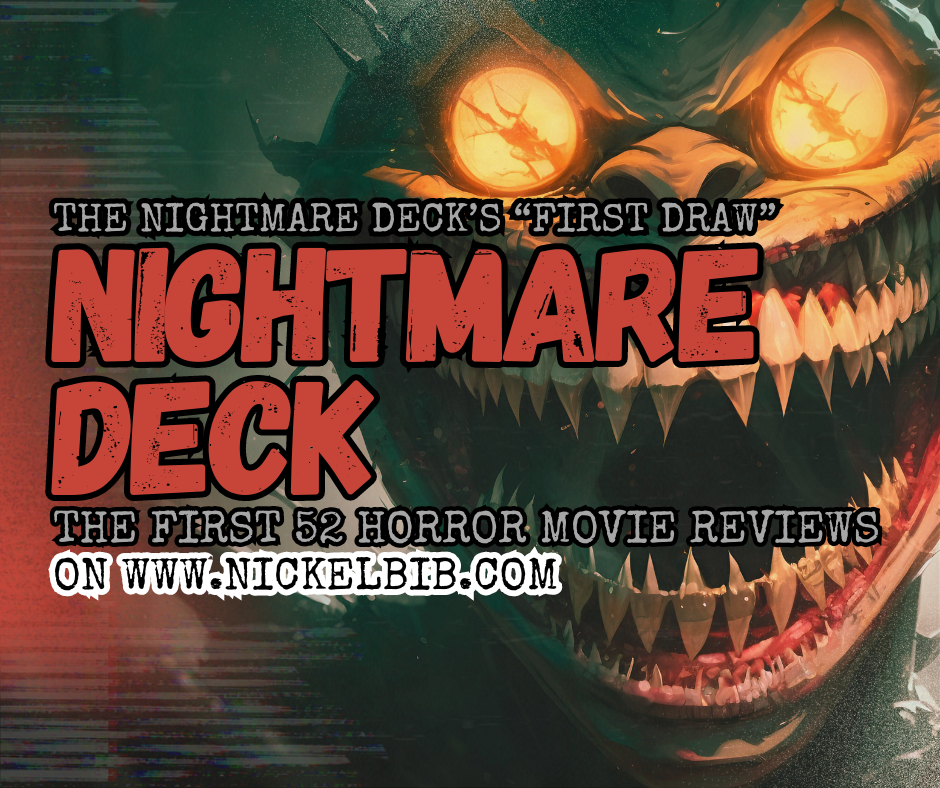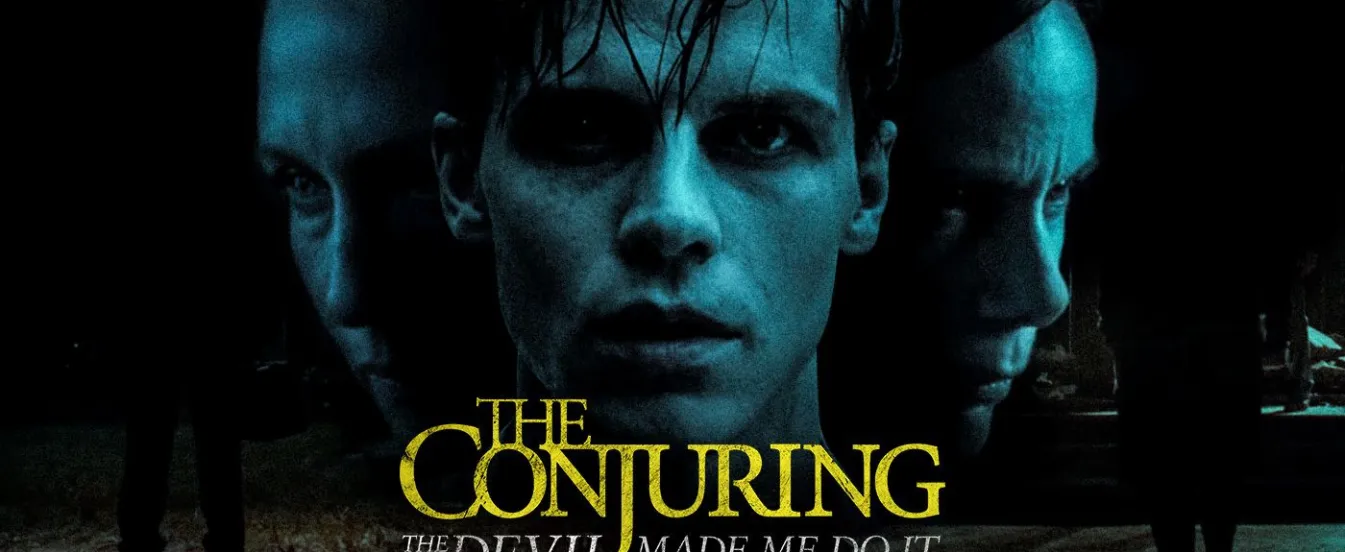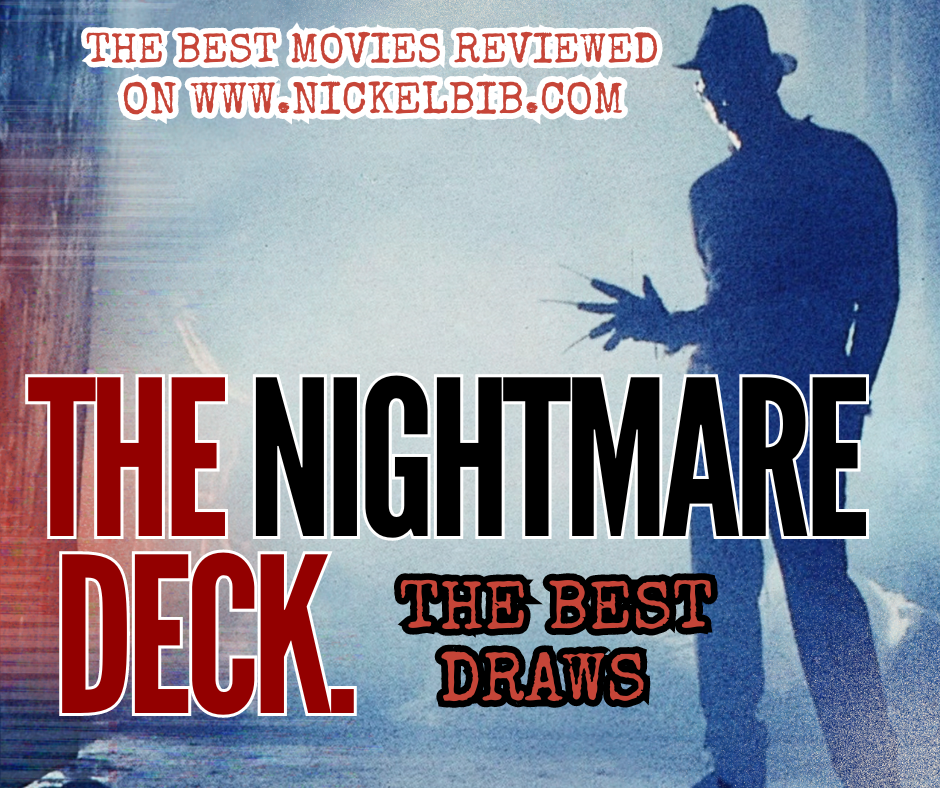As excited as I am to watch the newest Scream, or, perhaps, the next A Nightmare on Elm Street, I am even more excited when I’m met by interesting, original ideas. I love the horror genre, but I’d be lying if I didn’t recognize its faults. Whether it be the nonstop camp slasher fest of the 80s or the found footage frenzy that came post-Blair Witch, so often our genre rests on its laurels and recycles low-budget, sometimes low-effort execution. So, I’m always excited when a director like Jordan Peele or John Krasinski comes dashing (slashing?) in and allows the genre to advance someway. One of my favorite horror directors, however, is Scott Derrickson.
Although Scott Derrickson may have a mainstream claim to fame from The Day the Earth Stood Still and the very successful Marvel film Doctor Strange, I’ve found myself captivated by his forays into the macabre. In 2000, Scott Derrickson made his feature length directorial debut with Hellraiser: Inferno, the fifth film in the hemorrhaging Hellraiser franchise. The film was an uphill battle from the start, having to carry the baggage of the less than stellar Hellraiser: Bloodline and being released direct-to-video. Not to mention, it wasn’t even originally a Hellraiser film! Instead, the production company commissioned an unrelated script to be edited to feature Clive Barker’s cenobites. Gosh, can you imagine? Thank God, they learned their lesson and stopped after Hellraiser: Inferno. Joking aside, although it may not have been faithful, I actually felt Hellraiser: Inferno was amongst the best of the ten-part Hellraiser series (and I’ve seen them all).
After, Scott Derrickson went onto direct The Exorcism of Emily Rose and Deliver Us From Evil, both modest horror fare worthy neither of disdain nor acclaim in my opinion. His film Sinister, however, remains one of my personal favorites of the supernatural genre.
Imagine my excitement when I learned Scott Derrickson was once more aligning with Blumhouse for The Black Phone!?
Based on a short story by Joe Hill (son of horror maestro Stephen King, who is slowly etching out his own unique legacy), The Black Phone plays into Scott Derrickson’s wheelhouse exceptionally well. In fact, in a lot of ways, The Black Phone feels like a spiritual successor to where the director left off with Sinister. The film brings back Ethan Hawke and James Ransone, and focuses on a mysterious masked antagonist (it even has ghost-children roaming about).
In the film, a small-town is turned upside down with a masked man, monikered as The Grabber, begins abducting children throughout. A young boy named Finney is victim of one such kidnapping and now finds himself locked in a basement, fighting for his own survival. In a supernatural twist, a disconnected phone serves as a source of communication between him and The Grabber’s former victims, offering him insight into his sadistic ritual.
Like Sinister before it, The Black Phone is another feather in the cap of Scott Derrickson, amounting to what was, to me, the best horror film I’ve seen this year. This isn’t saying a whole-whole lot on-account of how little horror fare I’ve actually written about, but it’s still the best.
Similarities aside, although I did like The Black Phone for a lot of the reasons I liked Sinister, they contrast as well. They use the same yarn, but it’s spun to make something different. This film doesn’t have as many jump scares (which I appreciate) nor does it use sound and imagery in the same way (which isn’t necessarily a bad thing). Whereas Sinister supplied its nightmare-fuel through vague, ambiguous strings of footage pieced together over time, The Black Phone is more conventional in its approach. Ones’ a man’s descent into obsession and a surrealistic, whirlwind of a ghost-story, whereas The Black Phone feels like a more subdued, neat-and-tidy film. It feels less concerned with horror and more concerned with letting its story be told.
Scott Derrickson shows his growth as a director through his restraint, whereas actor Ethan Hawke shows a readiness to play a madman – largely, all the scenes he’s in are absolutely golden.
Meanwhile, the child cast, comprised of newcomers, are all mostly up to the task.
The cinematography and score are of high-standard, and the pacing allows the story the chance to breathe, but not dawdle.
If there is any criticism I did have of the film, it’s of some unneeded flack. Although the film is largely about The Grabber and the young boy Finney, it has other subplots thrown in as well. One such storyline involves Finney’s sister who experiences psychic dreams, and another involves Max, an eccentric character played by James Ransone. Although the latter can likely be chalked off to Derrickson simply wanting James Ransone in the film in what was a largely throwaway fashion, Finney’s sister Gwen has a lot more time allocated to her. None of it is bad, but I can’t help but believe that the entire subplot could have been scrapped entirely and it would have made no difference to the main-plot. As a matter of fact, I believe the film would have benefited from more time focused on the central concept.
Overall though, I’m definitely very positive about the film.
Ethan Hawke killed it in his portrayal, and I was immersed from start-to-finish by the concept. This is quite simply a well-made horror film from top-to-bottom and one I think will be remembered fondly for years to come. I highly recommend it.





